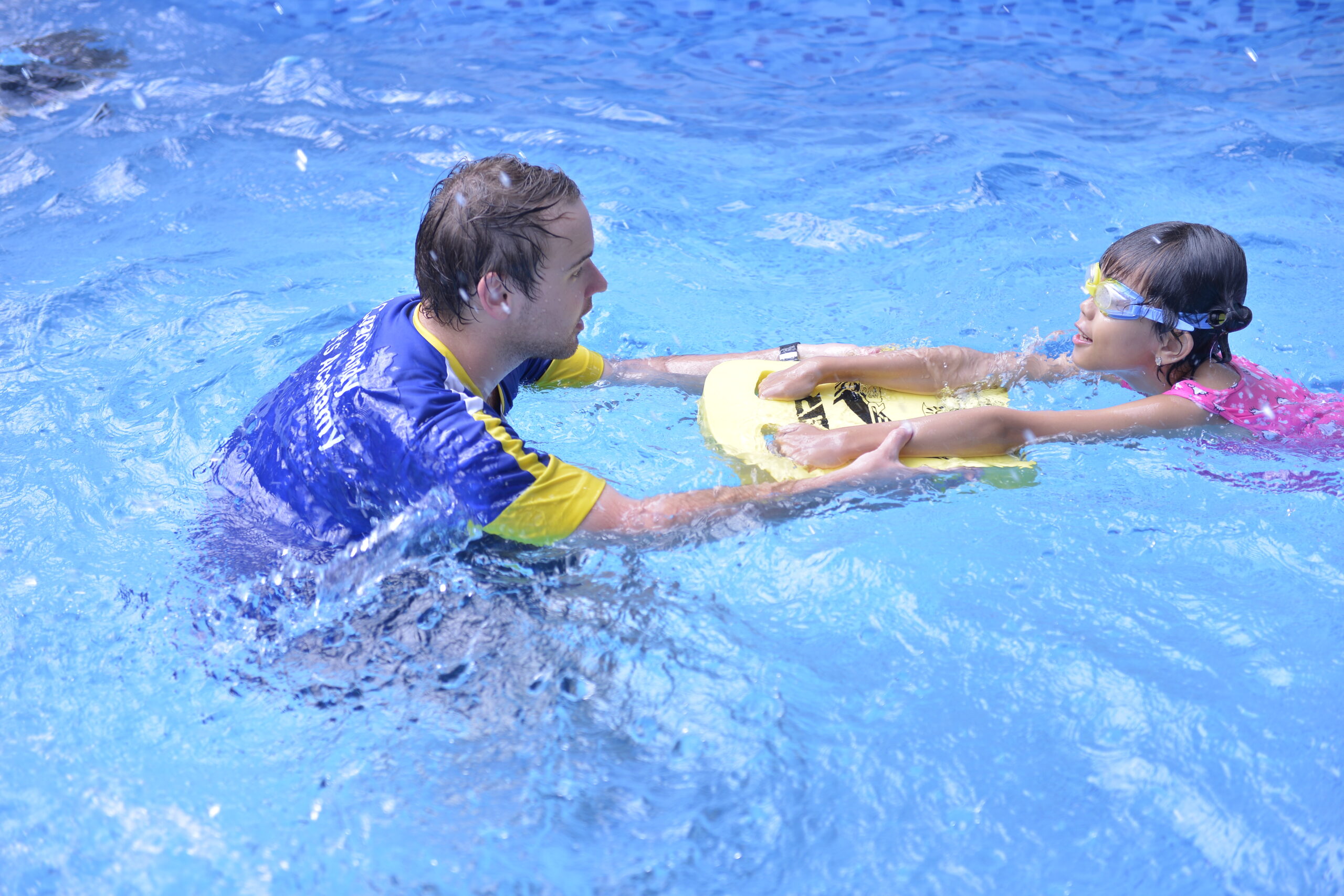Kindergarten students are in a crucial transition phase, both educationally and developmentally. They are adapting to longer learning periods while moving beyond the more assisted learning stage of early childhood.
During this time, they develop independence, recognize their potential, and learn the value of cooperation in group settings. Additionally, they begin to focus on inquiry-based learning, fostering curiosity and critical thinking skills.

Area of Learning

Our Core Programmes follow a thematic approach, drawing from the learning domains of the Nurturing Early Learners (NEL) Curriculum by Singapore’s Ministry of Education (MOE). This well-rounded curriculum provides children with ample opportunities for exploration and knowledge acquisition, fostering their growth into enthusiastic learners, generous contributors, and confident team players.
Our primary goal is to ensure that each child experiences a holistic and high-quality education during their formative years, with school readiness for primary education as a key focus. Learning extends beyond the classroom through field trips, projects, celebrations, and collaborative home-based partnerships.
The learning outcomes are developmentally appropriate, emphasizing growth and exploration rather than rigid expectations of what children must know and do by the end of their preschool journey.
What is More?
We offer Chinese as a second language starting at the nursery level, giving children an early introduction to the rich culture and language.
Through age-appropriate lessons and interactive activities, we help them develop foundational language skills in a fun and engaging way.
Our approach fosters an appreciation for Mandarin, promoting not only linguistic growth but also cross-cultural understanding from a young age. This early exposure lays the groundwork for further language development, opening doors to greater global awareness and communication skills as they grow.

Character and Citizenship Education

At GENIUS, we believe in fostering positive behavior and strong character development from an early age. We use positive reinforcement, social-emotional learning strategies, and clear expectations to guide children in understanding self-discipline, respect, and cooperation.
What sets us apart is our Character and Citizenship Education (CCE) subject, introduced from a very young age—a unique feature that distinguishes us from other schools. Through CCE, children learn essential values such as respect, responsibility, kindness, resilience, and teamwork. This structured program helps them develop a sense of empathy, civic-mindedness, and a strong moral foundation.
We reinforce discipline through:
- Encouraging self-regulation – Teaching children to express emotions constructively and resolve conflicts peacefully.
- Modeling positive behavior – Teachers and staff demonstrate kindness, patience, and respect, setting an example for students.
- Interactive storytelling and role-playing – Using stories and real-life scenarios to teach problem-solving and ethical decision-making.
- Collaborating with parents – Partnering with families to ensure consistent guidance at school and home.
By integrating discipline with character education, we cultivate confident, responsible, and compassionate individuals who are prepared for both academic success and lifelong positive contributions to society
FAQ
1. What is the difference between Nursery and Kindergarten?
Nursery generally refers to early childhood education for younger children (ages 2-3), while kindergarten is the final stage before primary school (ages 4-5).
2. Is the curriculum play-based or academic?
At GENIUS, we adopt a blended approach, combining play-based learning with structured lessons to nurture both academic and social skills. Through inquiry-based learning, we encourage children to ask questions, explore ideas, and develop critical thinking skills. This approach fosters curious young learners who are eager to discover, experiment, and engage actively in their learning journey.
3. What will my child learn in kindergarten?
Children in Kindergarten engage in a balanced and comprehensive curriculum designed to build foundational skills for primary school readiness. The learning areas include:
- Language & Literacy – Developing early reading and writing skills through phonics, storytelling, vocabulary building, and grammar lessons to enhance sentence structure and communication.
- Mathematics & Problem-Solving – Learning numbers, counting, patterns, shapes, and simple addition/subtraction to strengthen logical thinking.
- Science & Discovery – Encouraging curiosity through hands-on experiments, nature exploration, and basic scientific concepts.
- Creative Arts – Engaging in drawing, painting, music, drama, and crafts to enhance creativity and self-expression.
- Social & Emotional Development – Building confidence, independence, and teamwork through interactive activities, role-playing, and conflict resolution strategies.
- Physical Education – Improving motor skills, coordination, and overall fitness through structured play, exercises, and outdoor activities.
With a focus on vocabulary expansion and grammar development, kindergarten prepares children for primary school by strengthening their ability to express themselves clearly in both spoken and written forms.
4. How do you manage discipline and behavior?
Our teachers use positive reinforcement, guidance, and social-emotional learning strategies to help children understand boundaries, cooperation, and self-regulation.
5. What if my child has food allergies or medical needs?
Inform the school about any allergies, dietary restrictions, or medical conditions so that necessary precautions and support can be provided.
6. Is there a uniform requirement?
Yes, all students are required to wear the school uniform during school hours to foster a sense of belonging, discipline, and student identity. The uniform helps create a cohesive school environment and instills pride in being part of our learning community.
7. What to bring to the school?
Students should bring a school bag with their uniform worn daily, along with a water bottle, healthy snack or lunch (if meals are not provided), books or homework folder. A spare set of clothes is recommended for spills or accidents, along with a small towel or handkerchief for hygiene. A small comfort item can help ease the transition if needed. To prevent mix-ups, all belongings should be labeled with the child’s name.
Book A School Tour



